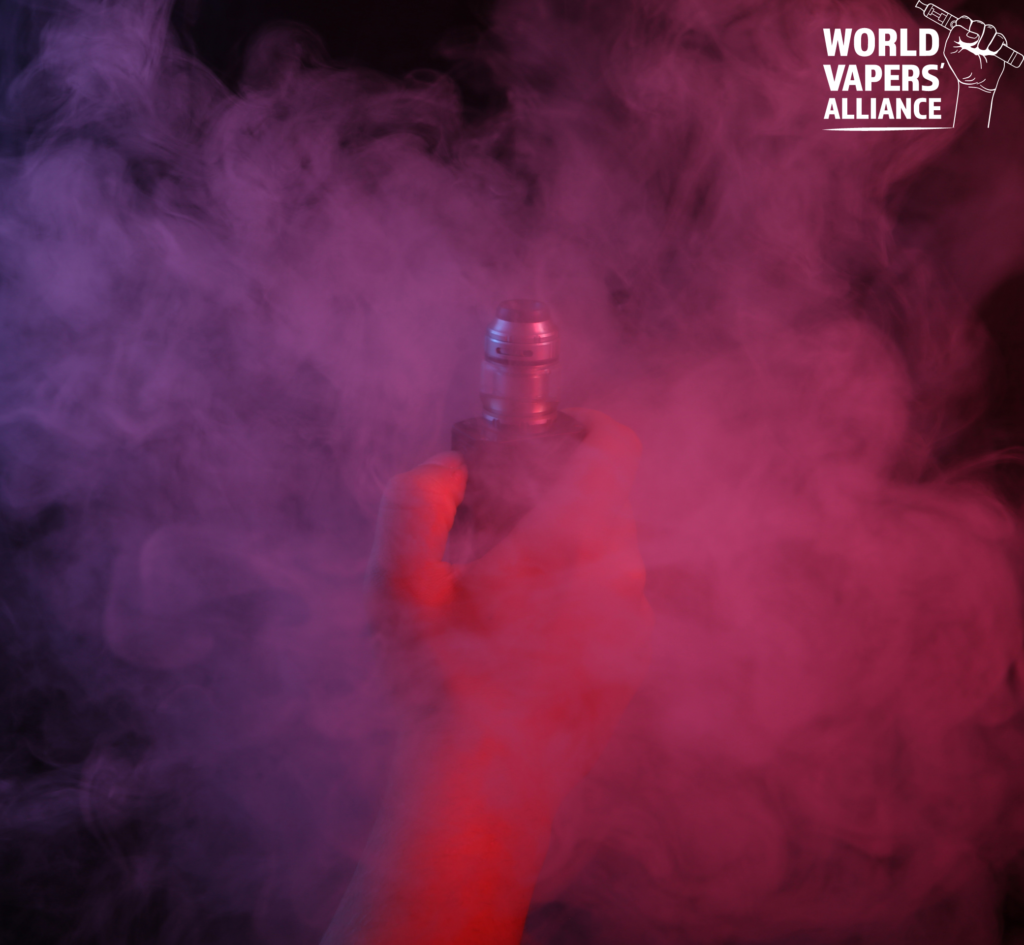Sa chéad chuid dár n-anailís ar an staidéar Maidir le “Beartais Éifeachtacha Frith-Chaitheamh Tobac” arna scaoileadh ag Fondúireacht “We Are Innovation”, rinneamar achoimre ar na torthaí domhanda maidir le conas a chuirtear laghdú díobhála i bhfeidhm ar fud an domhain agus conas a dhéileálann tíortha le galú. Is féidir leat an píosa a fháil anseo.
Anois, déanaimis breathnú níos géire ar roinnt tíortha san AE.
An Fhrainc:
De réir an pháipéir taighde, tá seasamh domhanda agus réigiúnach chun cinn ag an bhFrainc mar gheall ar easpa rialála, seachas i gcás snus, atá toirmiscthe. Ní féidir fógraíocht a dhéanamh ar tháirgí vape, ní mór rabhadh téacsúil a bheith ar an bpacáistiú, tá teorainn nicitín de 20mg/ml iontu (de réir rialacháin an AE), agus ní féidir iad a úsáid i spásanna poiblí faoi dhíon ná a dhíol i gcógaslanna. Tá moltaí sláinte tacaitheach go sealadach (le pleananna chun a ról mar uirlis laghdaithe díobhála a mhéadú).
An Pholainn:
Coinníonn an Pholainn feidhmíocht idirmheánach ar an leibhéal domhanda agus réasúnta ar gcúl ar an leibhéal réigiúnach, le srianta nach bhfuil chomh dian sin ar úsáid na dtáirgí ach beartas sláinte nach molann na táirgí go gníomhach. Tá cosc agus díspreagadh ar shnus ag an údarás sláinte náisiúnta, den chuid is mó mar gheall ar rialacháin an AE. Ní féidir táirgí vape a dhíol i meaisíní díola ná i bhfoirgnimh áineasa ná a úsáid i spásanna poiblí faoi dhíon, tá teorainn nicitín de 20mg/ml acu (de réir rialachán an Aontais Eorpaigh), éilíonn siad rabhaidh sláinte téacsúla, tá cánacha máil difreáilte ar earraí inchaite agus díspreagann moltaí sláinte a n-úsáid i gcomhréir le seasamh na hEagraíochta Domhanda Sláinte.
Poblacht na Seice:
Tá seasamh réasúnta ard ag Poblacht na Seice ar fud an domhain agus ar an réigiún, den chuid is mó mar gheall ar an easpa rialála sonracha ar bheagnach gach táirge, seachas snus. Ní féidir fógraíocht a dhéanamh ar tháirgí Vape (ach amháin ag pointí díola, duine le duine, imeachtaí príobháideacha, nó foilseacháin speisialaithe), ní mór rabhaidh théacsúla a bheith ar an bpacáistiú, ní féidir iad a úsáid i spásanna poiblí faoi dhíon ná a dhíol in aice le foirgnimh scoile, seomraí folctha poiblí, nó iompar, tá nicitín teoranta do 20mg/ml (de réir rialacháin an AE), agus coinníonn moltaí sláinte seasaimh atá as dáta agus réamhchúramach.
An Iodáil:
Coinníonn sé scór idirmheánach domhanda agus réigiúnach, agus táirgí áirithe nach bhfuil chomh rialaithe céanna ach nach bhfuil beartas sláintíochta domhanda leordhóthanach. Mar gheall ar rialacháin an Aontais Eorpaigh, tá cosc ar shnus agus ní mholtar é. Ní mór rabhaidh théacsúla a bheith i bhfógraíocht agus i bpacáistiú táirgí vape, ní féidir iad a dhíol le mionaoisigh, is é 20mg/ml a dteorainn nicitín (de réir rialacháin an AE), ní féidir táirgí a dhíol ach ar an idirlíon, i gcógaslanna agus i siopaí speisialaithe, tá cáin mháil difreáilte ar an tomhaltán agus moltar iad ag an údarás sláinte náisiúnta.
An Phortaingéil:
Coinníonn an Phortaingéil scór idirmheánach domhanda agus réigiúnach, agus táirgí áirithe níos lú rialaithe ná a chéile, ach le beartas sláintíochta domhanda nach leor. Mar gheall ar rialacháin an Aontais Eorpaigh, tá cosc ar shnus agus ní mholtar é. Ní mór rabhaidh théacsúla a bheith i bhfógraíocht agus i bpacáistiú táirgí vape, ní féidir iad a dhíol le mionaoisigh, is é 20mg/ml a dteorainn nicitín (de réir rialacháin an AE), ní féidir tomhaltáin a dhíol ach ar an idirlíon, i gcógaslanna agus i siopaí speisialaithe, tá cáin mháil difreáilte ar an tomhaltán agus molann an t-údarás sláinte iad.
Mar is féidir libh a fheiceáil, tá go leor oibre romhainn. Ardaígí ár nglórtha, sínígí an achainí, agus cuirfimid in iúl do na cinnteoirí go bhfuil cúram orainn faoi thodhchaí an ghalú:
Sínigh an achainí anseo
Is féidir leat an tuarascáil iomlán a íoslódáil anseo






Freagra amháin